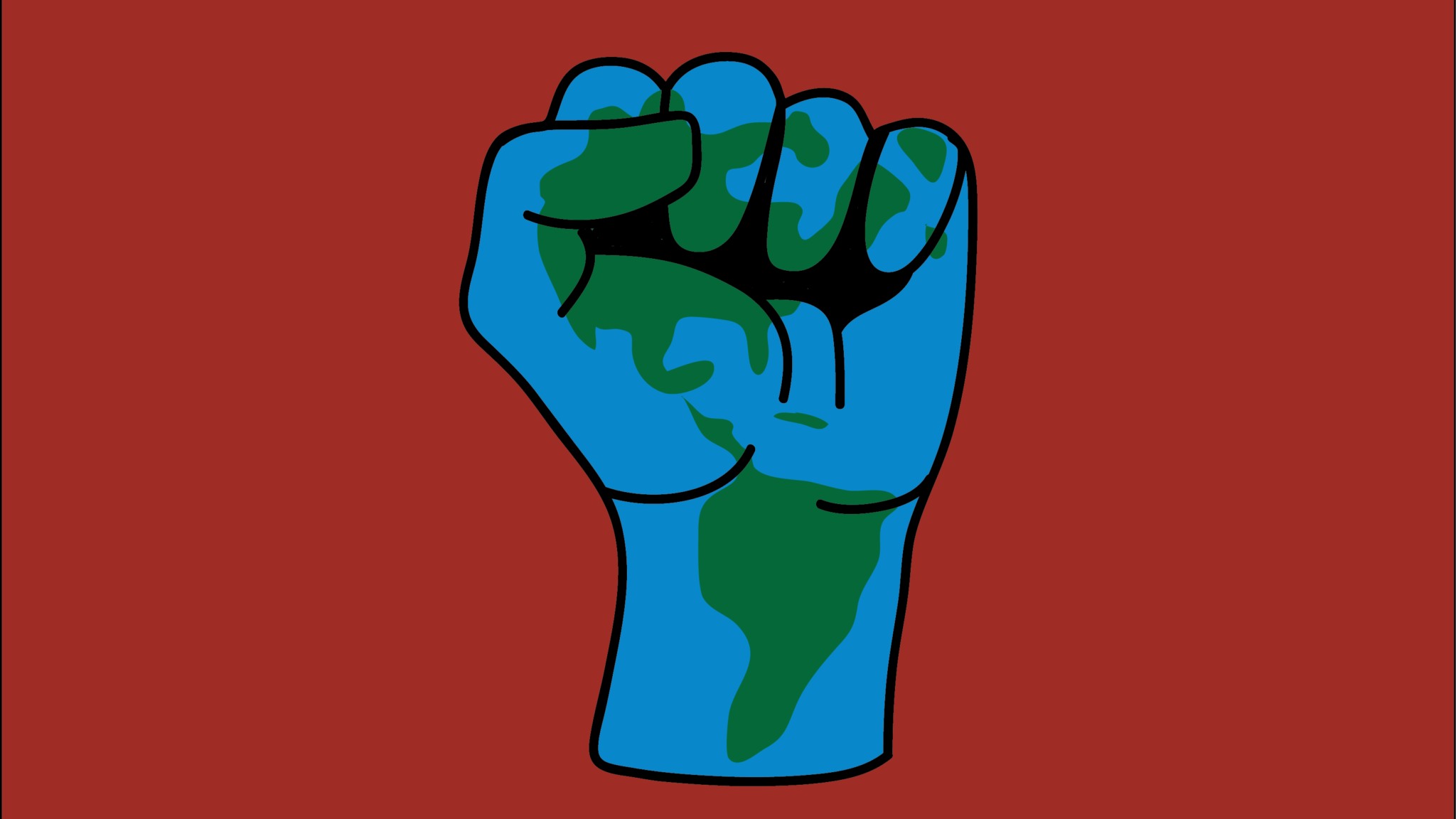As the year draws near an end, we reflect on the events of 2020 that shook the globe. From the Coronavirus pandemic and wildfires in Australia and California, to the Black Lives Matter protests and presidential election, the impact of the events in 2020 have affected sustainability, in some ways that are not apparent.
Recognizing the interconnectedness of the complex world, the sustainability model is supported by three pillars: society, environment, and economics. As shown in the image below, these pillars provide a three-pronged framework for sustainability. Sometimes referred to as people, planet, and profit, each system must be properly supported to achieve the greater goal of global sustainability.

Depending on the current global needs and challenges, one pillar is sometimes given more attention than others. The social pillar encompasses issues related to wellbeing including education and healthcare, and has been especially prevalent in regards to social issues and environmental justice. Environmental justice is “the fair treatment and meaningful involvement of all people regardless of race, color, national origin, or income, with respect to the development, implementation, and enforcement of environmental laws, regulations, and policies,” according to the EPA.
A recent study found that many environmental organizations are focusing beyond conservation to climate politics and environmental justice. The police-involved killings of George Floyd, Ahmaud Arbery, Breonna Taylor and Daniel Prude this year prompted a wave of demonstrations and riots around the world to urge an end to racial injustice and police brutality. The number of organizations specifically focused on environmental justice is increasing, and some have connected the fight for cleaner air and healthier communities with issues of police brutality and oppression. Mustafa Santiago Ali, vice president of environmental justice at the National Wildlife Federation states, “when we say ‘I can’t breathe’ — whether it is an officer with a knee on our neck or the pollution which continues to take away our breath — that’s why we march and that’s why we work so hard to change these dynamics.”
Wellness also falls under the umbrella of the social pillar of sustainability. There is no question that living through a pandemic is stressful and extra care in mental health is needed during this time. Many behaviors that are environmentally beneficial are also directly positive for human health and wellness. A simple example of this is choosing to take the stairs instead of an elevator. While saving the energy needed to operate the elevator you are also benefiting from cardiovascular exercise which is shown to lower blood pressure, cholesterol and stress level. Other example are incorporating a plant based diet and choosing to ride a bike as alternative transportation.
Members of the University continue to support each other and the social pillar of sustainability. Well-U and EAP exist to serve the health and wellness of University members. University Facilities and Services gathered a group of students, staff and faculty for a socially distanced Community Tree Planting on October 28. The Community Tree Planting was held in effort to symbolically demonstrate that while many are physically distanced from the University at this time, sustainability lives and grows on our campuses.
To continue the sustainability progress that 2020 has prompted, the three pillars must be maintained. Only when we unite can we preserve the harmony between each other and the environment.
Written by Emily Su, Class of 2022
Feature image from top from https://phillys7thward.org/2019/10/environmental-justice-in-our-schools-is-social-justice/

